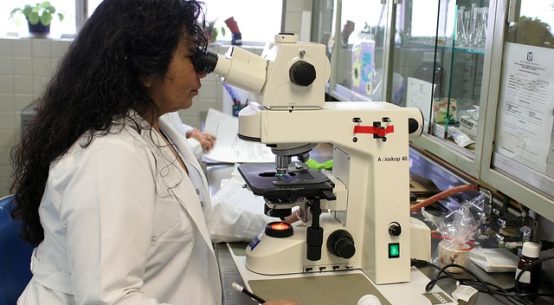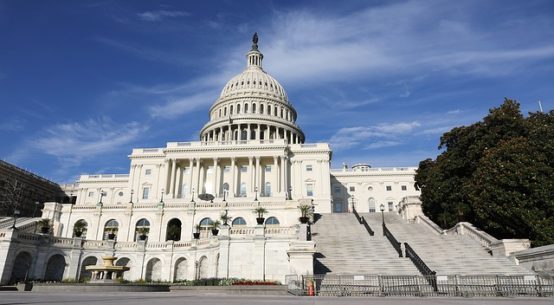
Marilyn Mosby, state’s attorney for Baltimore, made a major policy announcement this week concerning cannabis laws. The new policies will potentially impact thousands of lives, primarily those of people of color, and her plans are something all cities should be considering, regardless of state cannabis policy.
As reported by the New York Times, Mosby—the city’s top prosecutor—laid out her plans regarding cannabis and law enforcement for Baltimore, saying that she will stop prosecuting cannabis possession cases within city limits, and is seeking to vacate almost 5,000 convictions.
Maryland does not have a regulated cannabis program, so Mosby isn’t playing catch-up to new state law.
And her decision isn’t being taken to kindly by—brace yourself—law enforcement, while the city’s mayor, Catherine E. Pugh, is frustratingly lukewarm on it. The interim police commissioner, Gary Tuggle, told Mosby that he would not be instructing Baltimore officers to stop arresting people caught with cannabis.
Nevertheless, she persisted. Mosby said, “[Tuggle] said he felt that marijuana drives violent crime, and I explained to him that is not the case.” The commissioner, meanwhile, said that “arrests will continue.” He’s due to be replaced in February by a new commissioner.
Now, about those arrests…
As with every other city in the US, cannabis enforcement in Baltimore is tilted radically against communities of color. Per the Times: “More than 90 percent of the citations for low-level (cannabis) possession between 2015 and 2017 were issued to black residents, who make up about two-thirds of residents.”
Mosby said her office will also be seeking a state law change to make it easier for prosecutors to vacate convictions through the courts. Such laws are common in other states with cannabis programs, and Mosby’s office estimates there are more than 5,000 cannabis related convictions since 2011 that would be eligible, with her office continuing to sort through convictions prior to that.
Under Mosby’s plan
“People will not be prosecuted for possessing marijuana, regardless of quantity,” says the Times, “and will not be charged with distribution or intent to distribute just because they have a large amount in the absence of other indicators.”
First-time felony distribution offenders are automatically referred to a job market preparation program. Completion can result in the charges being expunged.
Mosby explained that her motivation is geared towards reducing crime—real crime.
Even those who never watched The Wire should be aware that Baltimore has the country’s highest big-city murder rate, with only 25 percent of those homicides solved in 2018.
Mosby put forth that not only does the policy free up law enforcement to solve these clearly more important crimes, but fosters good will in a communities that don’t have a super-tight relationship with the police.
“How are we going to expect folks to want to cooperate with us,” she said, “when you’re stopping, you’re frisking, you’re arresting folks for marijuana possession?”
If Mosby sounds familiar, she’s the one who sought to prosecute the six Baltimore police officers she charged in the 2015 death of Freddy Gray, who died while handcuffed in a police transport van.

